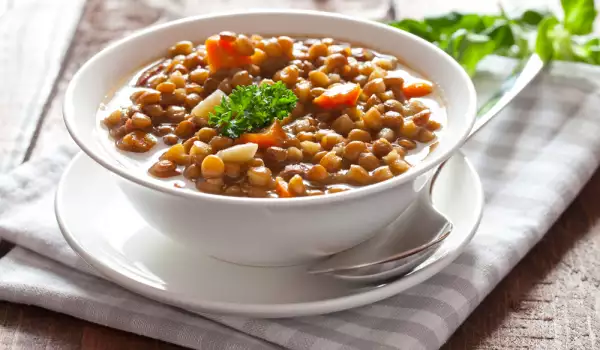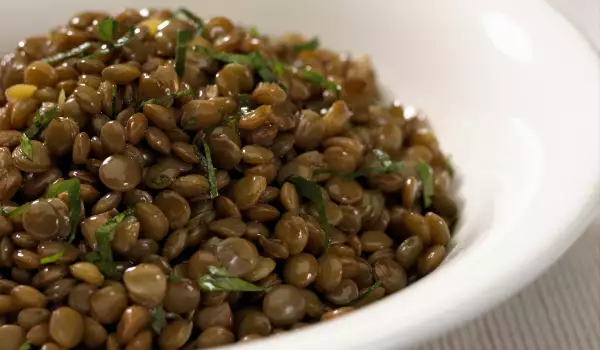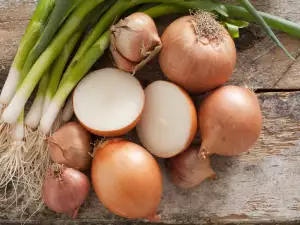Food is extremely tasty when cooked properly. Lentils have a few subtleties you may not know. As most of you do with beans - soak them for a few hours, then throw the water out, you can do the same for lentils. This way they will soften, increase in size and you will not need much time to cook them. We are used to the fact that beans can be stubborn and not cooked through, but often different varieties of lentils require more time, which can quickly interfere with the plans of the cook.
How exactly you cook it is entirely a matter of personal choice - it can be boiled, you can fry it afterwards, or you can make lentil stew or lentil soup. Whatever way you have decide to prepare the lentils, one of the most important things, is that you shouldn't add salt at the beginning of cooking, because that way you stop or slow down the boiling process.
Spices are an addition to your lentils, but only if you choose the right ones. You would not go wrong if you add savory herb - it adds a very pleasant aroma and is added after the dish has boiled. The amount is a matter of taste and also depends on what quantity of lentils you want to cook.

Another spice, which is suitable for lentils is bay leaf - it has a very strong smell and it is best not to add too much of it, especially if you do not know if you will like it. Add a leaf and before adding it to the dish you have to break it in two - to release its aroma.
Paprika is part of the lentils - just like in the thickener for beans, it is added to heated oil and around a teaspoon is added. Another thing you can try adding to lentils is vegetable broth, but as you know it has salt in it, so be careful not to make the dish too salty.
When making oven-baked lentils, some cooks add finely chopped parsley, a little lemon juice and a pinch of cumin at the very end of cooking.
No matter how many aromas you add to it, what the lentils can't do without are a few cloves of garlic - they add a completely irresistible aroma and flavor to the dish.




















Comments